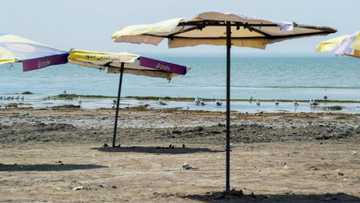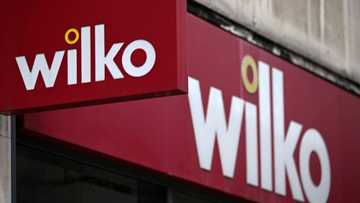Demise of England's 'Crooked House' shows pubs in peril
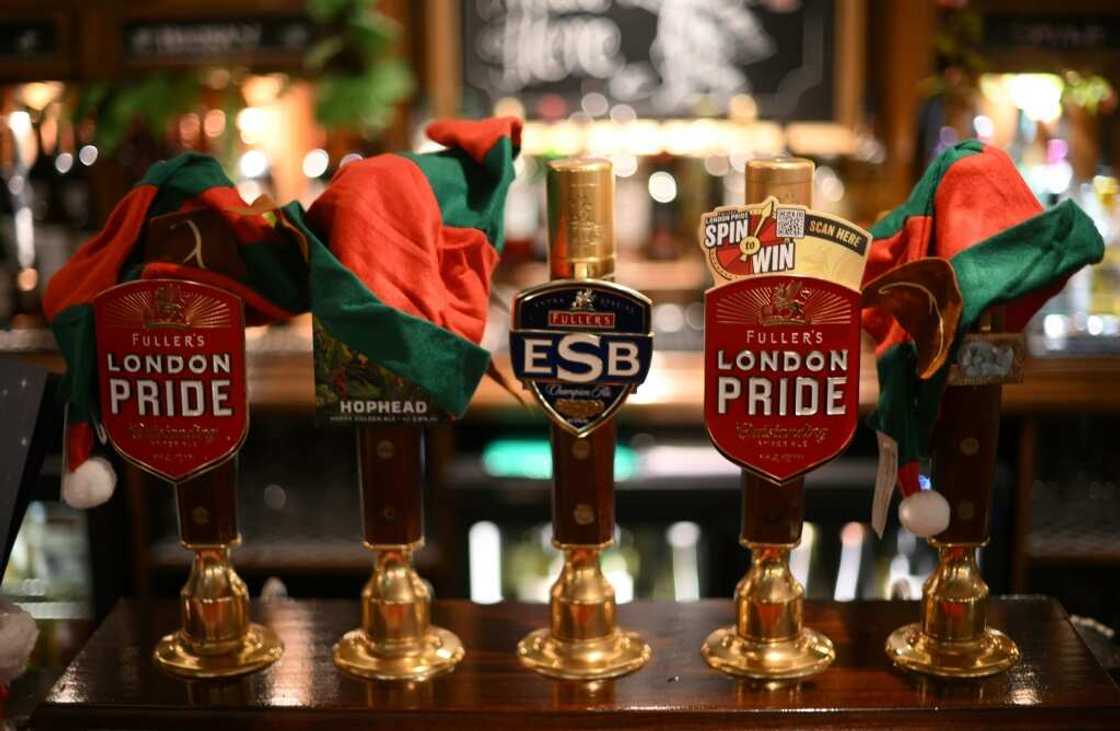
Source: AFP
PAY ATTENTION: Click “See First” under the “Following” tab to see Legit.ng News on your Facebook News Feed!
With a 15-degree list making one end four feet (1.2 metres) lower than the other, the historic Crooked House pub looked as if could topple over at any minute.
But despite its precarious appearance, the quirky 18th century hostelry stood at the heart of its community in the small central English village of Himley for 260 years.
That is until late last month when the historic watering hole was sold and promptly burned down just over a week later.
To the horror of locals, bulldozers then moved in and reduced the burned-out pub to rubble.
Police are now investigating the blaze as arson while planning authorities insist they only gave permission for the building to be made safe, not razed entirely.
The case has not only caused outrage among locals but highlighted the threat facing the nation's pubs which have been battered by successive crises.
PAY ATTENTION: Join Legit.ng Telegram channel! Never miss important updates!
'Absolute tragedy'
Around 30 British pubs close their doors each month, according to the Campaign for Real Ale (Camra), a lobby group which promotes traditional drinks and pubs.
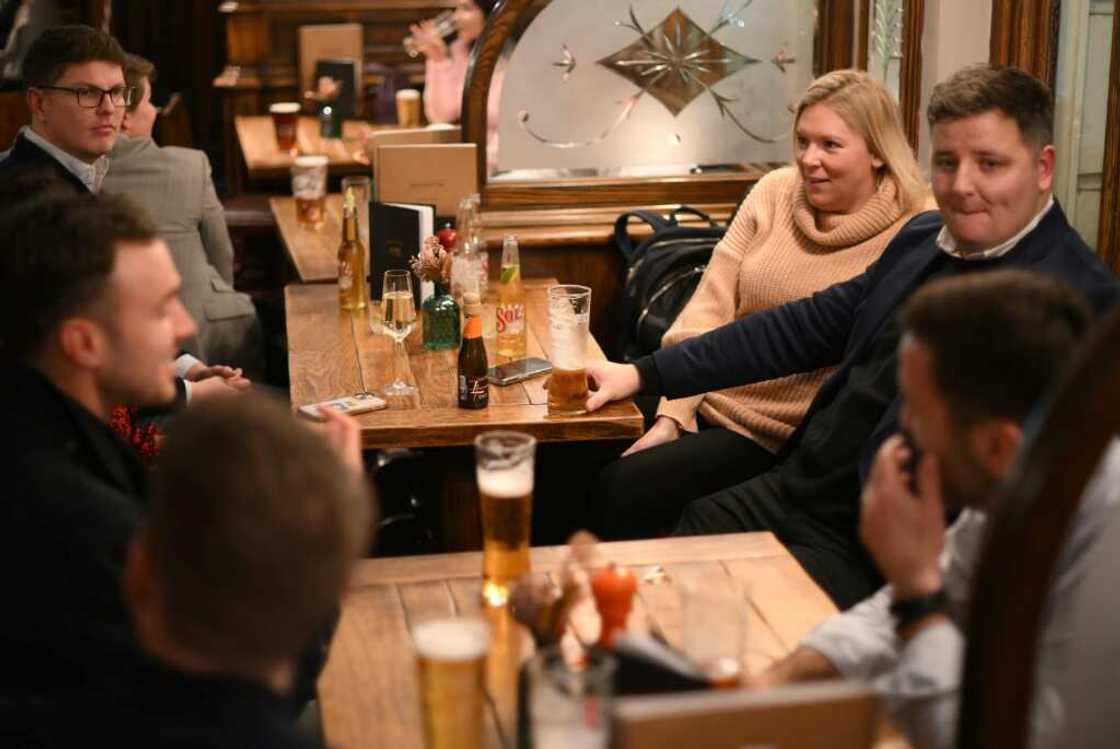
Source: AFP
Paul Ainsworth, of Camra, told AFP the loss of the "unique" and "amazing" Crooked House was an "absolute tragedy".
But even if calls for it to be rebuilt were successful it would "never be the same because it's unique atmosphere stemmed from its age and its history", he added.
Campaigners say the loss of such pubs rips the heart from local communities.
Once sold, new owners under a law introduced in 2017 need planning permission to repurpose the sites.
But according to Camra figures, 31 pubs were knocked down or converted without approval between January and June this year.
In a letter to the Prime Minister Rishi Sunak, the Campaign for Pubs last week denounced what it called "predatory purchasing and asset stripping of historic pubs" and called for action from central government to enforce the law.
Pubs -- a central part of British life for centuries -- have been struggling for many years as people's drinking habits have changed.
Most recently, pandemic shutdowns and massive increases in energy prices this winter driven by the Ukraine crisis have taken a devastating toll.
Some pubs saw a more than 300-percent hike in bills, as part of a wider cost-of-living crisis, according to six of the country's biggest pub and brewing firms.
Ainsworth said many pubs were just poorly run, resulting in a downward spiral.
Others, he said, were deliberately allowed to fail as part of a strategy by owners to get the pub converted into a residential property in a prime spot.
Not just a pub
After the sale of the Crooked House -- famed for its bar on which marbles or coins would appear to roll uphill -- thousands of people signed an online petition calling for it to be saved.
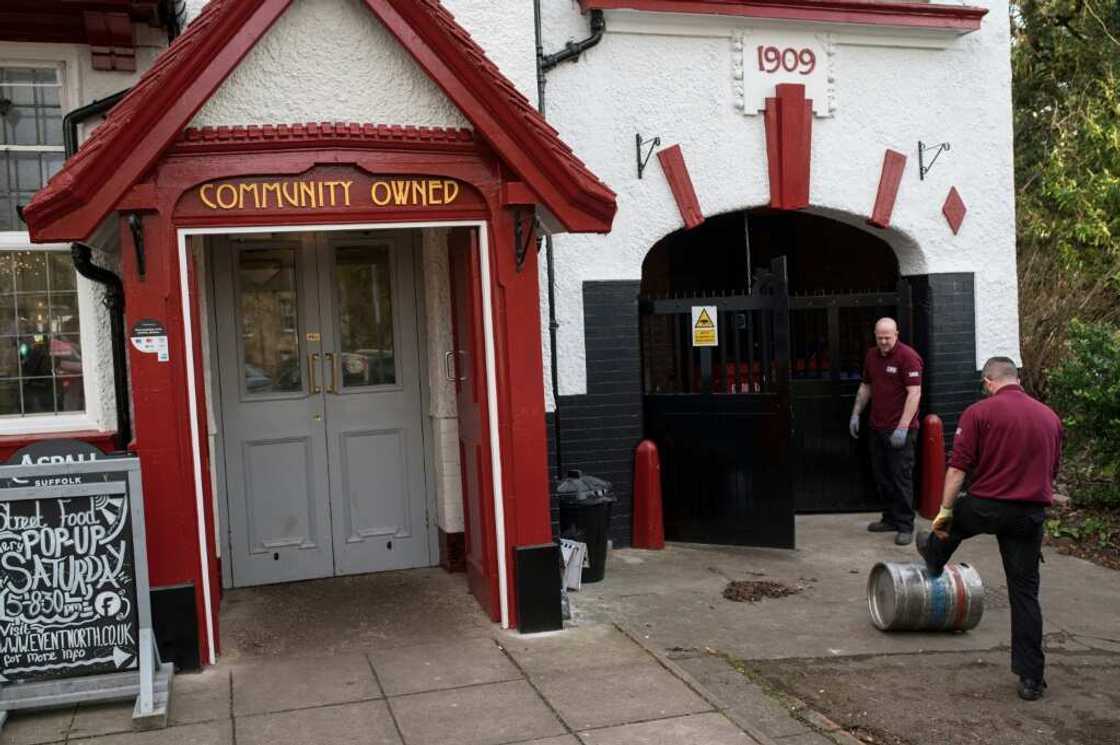
Source: AFP
Paul Turner, who started the petition, argued that properly marketed, the pub could "attract visitors from all over the world".
Turner, 58, described himself as "absolutely devastated" by the subsequent blaze, adding that the place had been "part of my childhood".
In recent days, locals have turned out in their droves to mourn their pub's destruction.
Some have placed flowers and placards in the rubble with slogans such as "More Than a Pub" and "Straight Answers for our Crooked House".
Ainsworth said the best hope for the Himley community was that authorities ordered the rebuilding of the pub, paving the way for some sort of community takeover.
Since 2017 there has been a growing trend for communities to club together and take ownership of their pubs.
Although they represent just a fraction of the 47,000 pubs nationwide, he said the 205 now in the hands of their communities represented real hope for people faced with the loss of their local.
One of the most recent is Scotland's Old Forge which was has just reopened after being bought by a remote Highland community last March.
Locals raised £1 million ($1.2 million) to buy it from its Belgian owner.
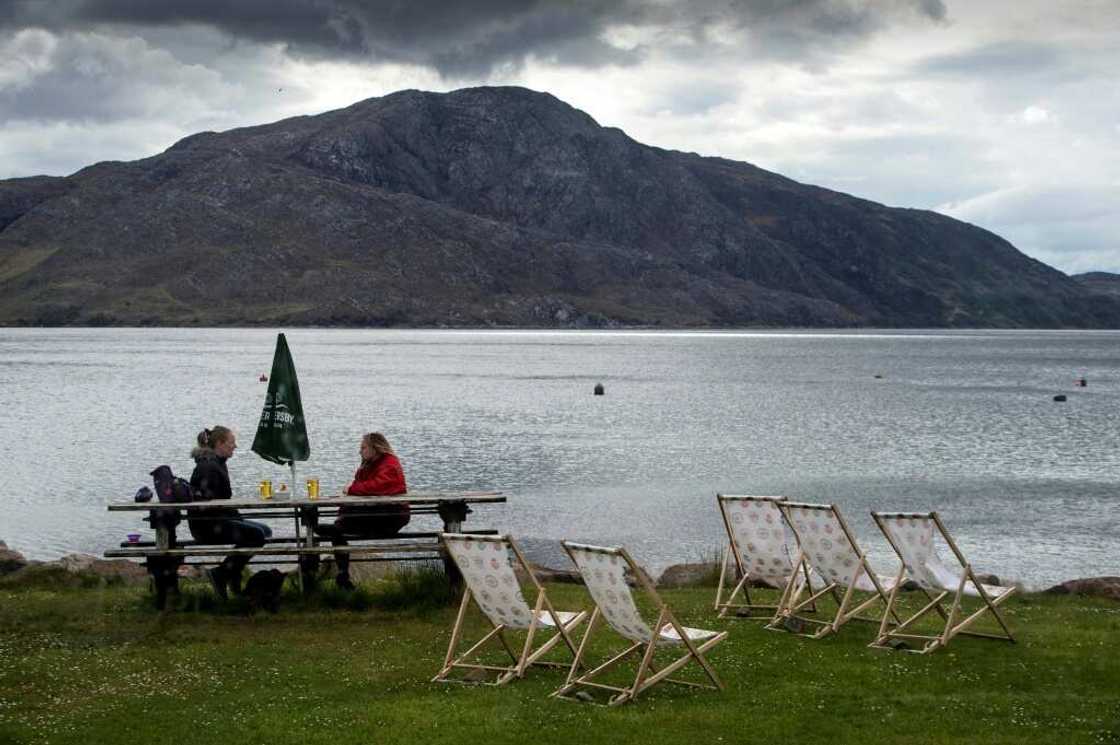
Source: AFP
Ainsworth said the trend was "creating pubs which are by and large community focused, lovely places to be, serving the interests of the local community.
"Places that had become sad places are now extremely happy places," he said.
Source: AFP



